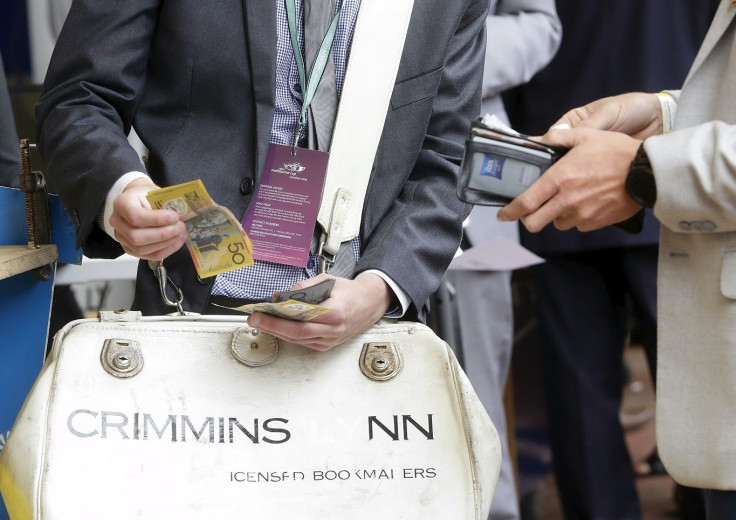Victoria introduces new tax for betting companies

Victoria will make betting taxes more favourable to everybody involved. From the first day of 2019, the Andrews Labor Government is enforcing a Point of Consumption Tax (PoCT) to wagering and betting companies, expecting to reap about $30 million annually from the new tax.
The PoCT will apply at 8 percent of the net wagering revenue from all wagering and betting activities in Victoria. It is forecast to raise $30 million, which will go to the State’s Hospitals and Charities Fund.
“We’re making sure online betting companies pay their fair share of tax in Victoria,” Treasurer Tim Pallas said. “We will continue to consult the industry and other stakeholders as we finalise legislation to implement the Point of Consumption Tax.”
Pallas declined to confirm if the 8 percent is a new tax, instead telling reporters that it can be defined however they wanted. It is less than what other states have implemented or will implement. New South Wales, for example, proposed in March to seek 15 percent of bookmakers’ profits or 2 percent of total turnover as online gambling tax. South Australia’s is 15 percent as well.
“We expect other states will look at what Victoria is doing here. We think there is a law of diminishing returns around the revenue that the state would get by setting the tax higher,” Pallas said. “So our view is we maximise the return, we minimise the harm by setting these rates.”
The tax will apply on all bets placed in Victoria. It will be the betting agencies’ responsibility to determine the location of those placing the bets.
The PoCT is promised to be implemented in a way that protects jobs and does not adversely impact the Victorian Racing Industry (VRI). The Government will be contributing 1.5 percent of taxable net wagering revenue to the VRI.





















